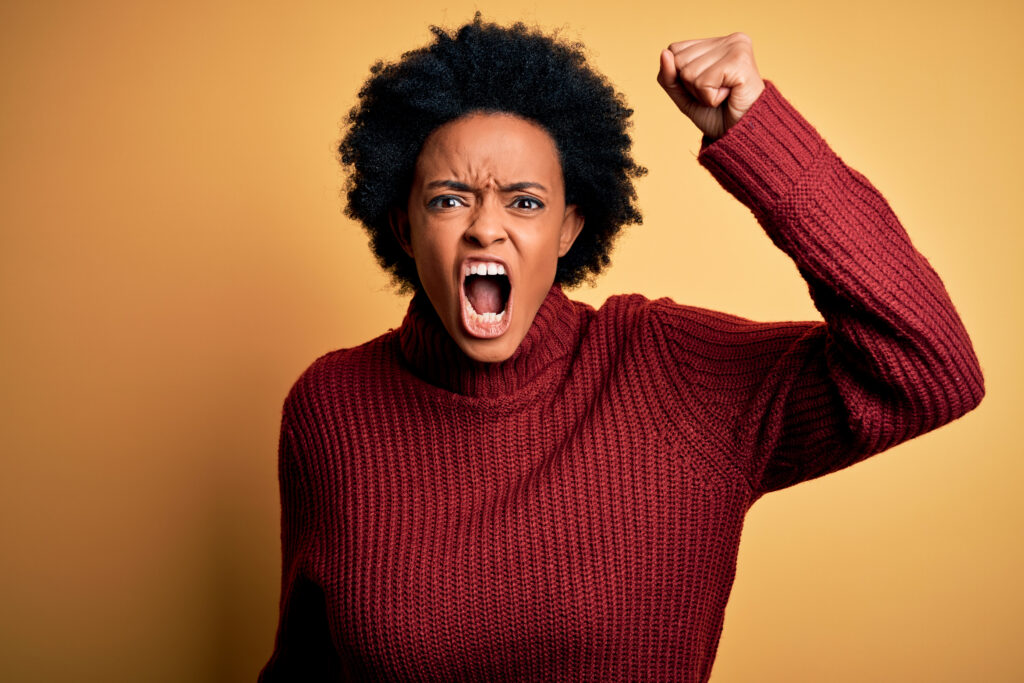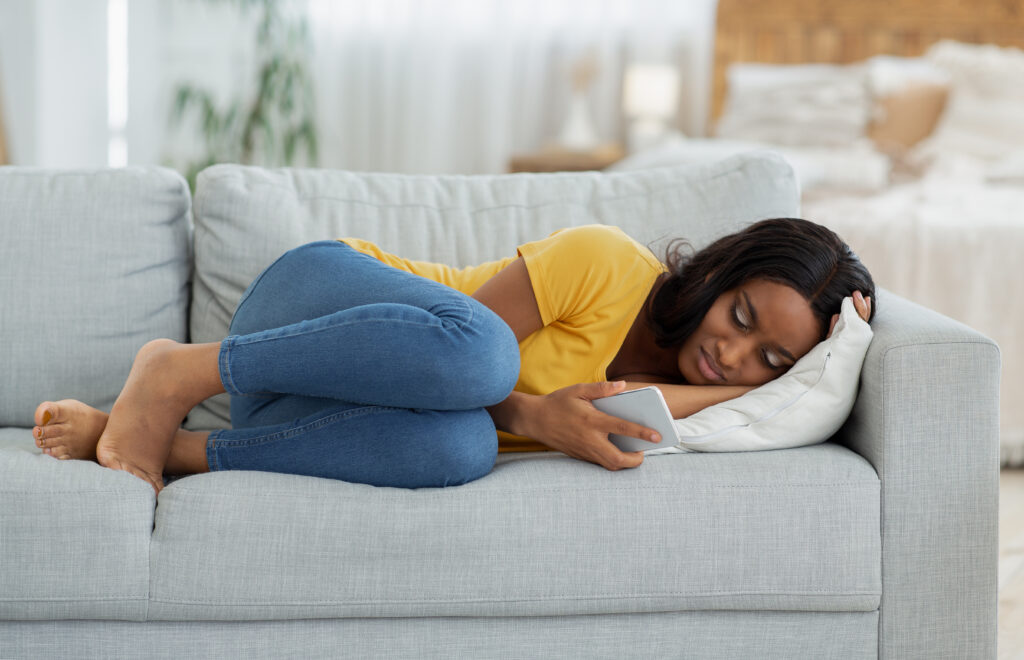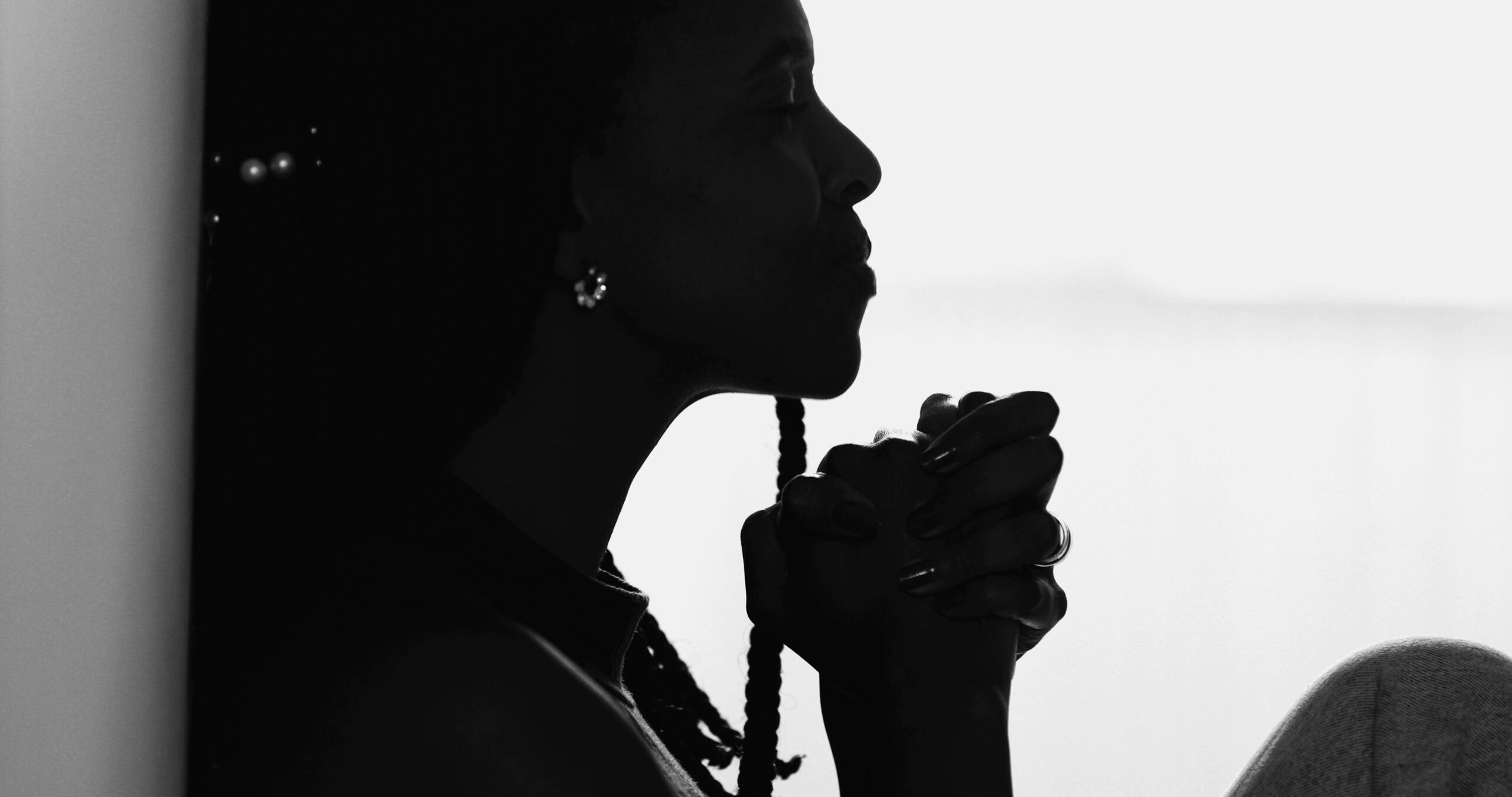There is no doubt that the Black woman is the most judged and criticized woman on the planet. Society has labeled her mean, standoffish, masculine, and intolerant. Yet she is expected to outwork all the others, raise children by herself, and compete at a level that is unmatched. And without apology she does. Black women have done an incredible job going to school, working hard to attain degrees, getting the most important jobs in America, and raising kids at the same time.
She should be celebrated instead of judged. She should be supported instead of criticized. But what if everyone has it wrong? What if we’re missing something? Has anyone considered investigating how a Black woman feels and behaves when unprotected?
Women who are unprotected must move differently. They must take different things into consideration when they’re alone. They must become the man and woman for their kids if they’re going to parent well. And they’ll always engage the world from the aspect of protecting themselves when they have no protection.
What are they protecting themselves from?
“My father was there to protect me my whole life. But when I got married, my husband didn’t protect me, so I must protect myself,” Cheryl from Akron, Ohio said. “So that meant I had to move differently than when I was a little girl. I didn’t let people get close to me until I felt like they couldn’t hurt me.”

When a woman does or doesn’t have the protection of a man, she must create the protection for herself to go out into the world and thrive. Creating protection for herself often means changing the way she interacts with those around her.
The feeling of being unprotected means that Black women must fill the void themselves. This lack of protection results in different types of behavior.
“For me, it means always getting a car that is new, because I can’t be broken down on the side of some road,” Tanisha, from Boston, said. “I promised myself that I would never have to depend on some man to come to save me, so I do things to not need saving.”
Feeling unprotected comes out in other ways. Black women often will engage others from a slightly defensive position until they feel comfortable with those around them. They’ll withhold their emotions for fear of feeling weak. This has nothing to do with being mean or standoffish, it has more to do with feeling weak in a world where weakness is taken advantage of. And because they’re the backbone of their own families and lives, they can’t let their guard down for a second.
They’ll also make decisions that don’t allow them to be taken advantage of. This will make them appear mean or evil when they’re just protecting their boundaries. Black women always feel marginalized because society doesn’t give them the respect they deserve. The result of feeling disrespected in the workplace means that they cannot enjoy their work environments either.
“I am constantly being challenged and made to feel like my ideas aren’t good when I’m at work,” Shardye from Dallas said. “I always have to speak for a few minutes for my white counterparts to realize that my opinions are valuable enough to consider, it can be exhausting.”
The unfortunate realization that over 65 percent of Black women are raising children out of wedlock also means that they’re tired when they get home from work. That, coupled with the understanding that women are nurturers and not disciplinarians, means parenting children often requires having to become masculine to keep order and discipline in the house.
The lack of support from a male influence at home leaks into their relationships with everyone when they’re forced into a dual role at home.
“After I got divorced, I realized that my alpha husband was actually trying to protect me, but I saw it as him trying to be controlling,” Ann from Virginia explained, “This created real tension in our marriage. I wish I’d realized this when I was married. It might have changed my decision to end it.”
Women who did have or feel protected by a father or male figure don’t struggle with the emotion of feeling unprotected. They express the joy of being able to rely on a male counterpart to protect them. They also expressed that they were able to fall back into their feminine characteristics when they met someone who made them feel safe.
Those who didn’t have the protection of a male growing up said they struggled to see it or acknowledge the value of it when they did encounter it.

“I have to say, that I would not know how to react if I had a man try to protect me,” Claudine said. “Opening doors, killing the bug, or putting gas in my car, I have always done those things, so I don’t know how I would respond if I had someone try to do those things for me.”
The women interviewed for this article realized just how much they counter-balance themselves due to not having protection. They acknowledged the fact that they do have to be more masculine when navigating the world. They do have to wear both hats when parenting, and they understand that turning off their need to protect themselves when they do meet a masculine man is difficult.
For the man who dates a woman who might feel unprotected, it means making sure to get a good understanding of how to provide the assistance she needs to date her. The women who were interviewed desire protection from a man. They also said that they would be willing to embrace their feminine nature if they felt like the man in their lives could fill that void effectively. But they also said that they would not give up ground until the man exhibited the characteristics that are needed for them to feel protected.
There is no easy way to resolve a woman’s feelings of being unprotected, but there is a rainbow at the end of the journey when the conditions are right. It comes with a balance of a good relationship built on respect, trust, and adequate protection.


